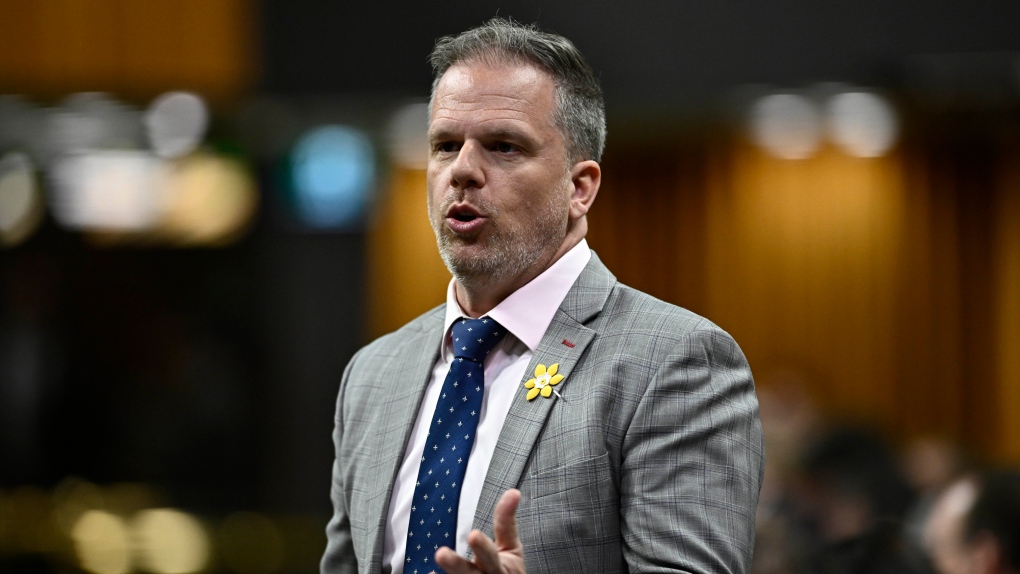Health Minister Mark Holland says while he is “deeply appreciative” of the work doctors in Canada do, the federal government has no plans to scrap the proposed capital gains tax changes outlined in the latest budget, despite opposition from the Canadian Medical Association (CMA).
“I think that these are fair changes, there’s still a lot of tax advantages, advantages accrued to them, that will be maintained and continue,” Holland told CTV’s Question Period host Vassy Kapelos, in an interview airing Sunday.
The budget proposes to increase the inclusion rate on capital gains from 50 per cent to 67 per cent for individuals earning more than $250,000 in capital gains in a year, and for all corporations and trusts, without that minimum threshold.
That means the portion of capital gains that are taxed is going up, a change the government says will bring in more than $19 billion over the next five years.
But doctors have raised concerns about the proposal, warning it could undermine their retirement plans, because many of them incorporated their medical practices.
Prime Minister Justin Trudeau has dismissed the concerns, saying the change is about “fairness,” while Dr. Kathleen Ross, head of the CMA, told CTV News Channel’s Power Play it feels like a “beat down,” for an “already morally defeated and beleaguered physician workforce coming out of the pandemic.”
She said family doctors were “encouraged” by the provinces 15-20 years ago to incorporate as a “saving vehicle for retirement” … “in lieu of increased fees at the time.” Ross added the CMA is estimating about eight per cent of doctors’ retirement savings will be “captured” by the tax change, which she called “substantial.”
According to the CMA, more than two thirds of Canada’s physicians are incorporated.
When asked by Kapelos whether it can be interpreted by the prime minister and cabinet ministers’ comments that doctors are going to be forced to pay more to subsidize government spending, Holland said “not at all.”
“I’m deeply appreciative of the work that doctors do, and nurses do, personal support care workers, the work that’s done by everybody in our health system is absolutely extraordinary,” Holland said, adding the intention behind the capital gains tax increase is to have those who have “seen their wealth grow enormously” pay more to reduce the “enormous disparity” in society.
Kapelos then pressed further, asking whether Holland believes doctors deserve to keep more of the wealth they’ve worked for.
“Of course they work for their assets,” Holland said. “But look, we can choose what kind of society we live in. Do we want to be in communities where there are huge discrepancies?”
According to the Canadian Institute for Health Information, the average gross payment per physician in Canada in 2022 was $357,000, including family doctors, specialists, and surgeons. But incorporated physicians also pay their staff, and for their practice’s overhead, from that amount.
Holland said, however, there is “misinformation” circulating about the impacts of the capital gains tax change on doctors, and that despite the inclusion rate increase, there are still many tax benefits to incorporation.
“We want, obviously, to work with them to make sure — and I know they care deeply about this fairness within the country as a whole — that we’re making investments in things like health care, and that there’s a health system that’s there, that they’re working in, that is working well for them, and for their patients,” he said.
With files from CTV’s Question Period Senior Producer Stephanie Ha







